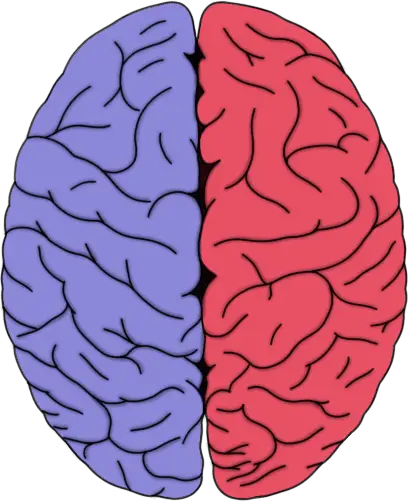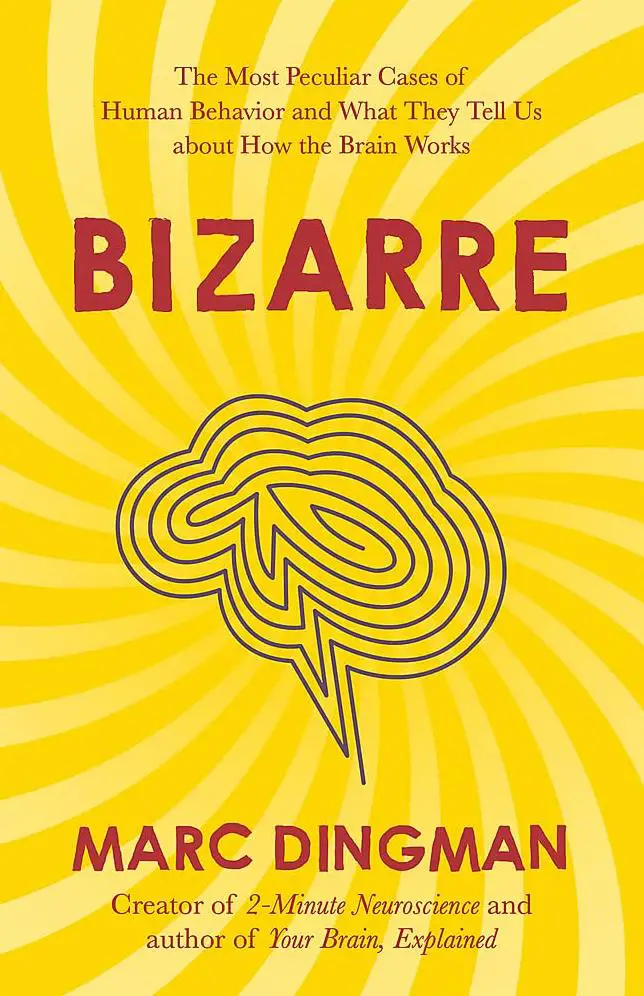Improving Electroconvulsive Therapy
Electroconvulsive therapy (ECT) is thought by many in the general public to be a brutal and inhumane form of treatment. This perception likely has a number of causes, including improper use and administration in its earlier days, its depiction as a method of torture in fictional accounts like that found in One Flew Over the Cuckoo’s Nest, and perhaps even as a backlash against invasive psychological procedures, which may have grown out of the disastrous frontal lobotomy experiments.
The truth, however, is that when ECT is applied properly, it can be an effective form of treatment for those who suffer from severe depression. At times it may be the only form of treatment (besides talk therapy) for a subsection of this group who don’t respond to antidepressant drugs. The exact mechanism by which it works is poorly understand, although there are indications it may prompt production of brain derived neurotrophic factor (BDNF) in patients who don’t gain this beneficial effect from drugs. (See my post here for more info on the importance of BDNF levels in depression.)
ECT is not without its side effects, however. Even when administered appropriately, it can result in retrograde and/or anterograde amnesia. Other cognitive problems (e.g. disorientation) have also been noted. In most cases, these side effects clear up fairly quickly after treatment. Occasionally they are found to linger for weeks or even months, though—enough to make one hesitant to use, or agree to undergo, an ECT treatment.
A group of scientists from Columbia University, however, have just released a report detailing a form of ECT that not only has higher rates of effectiveness than standard ECT, but also results in less cognitive side effects. The group used a different form of electrical pulse called an “ultrabrief pulse”, and compared the outcome to the use of traditional ECT in a group of 90 depressed patients. The ultrabrief pulse lasts about 0.3 milliseconds compared to the traditional 1.5 milliseconds.
Of the 90 patients, 73% responded to the ultrabrief pulse, compared to 65% who responded to the standard form of ECT. More importantly, the group who received the ultrabrief pulse reported less severe cognitive side effects than the traditional group. They were monitored for a full year after treatment.
This may be promising news for severely depressed patients. If ECT can be administered with lower rates of concomitant cognitive dysfunction, it may become a more viable alternative for those who don’t respond to today's antidepressants. Another important step in the use of ECT, however, is to be able to fully understand why it works—something that has yet to be elucidated.


